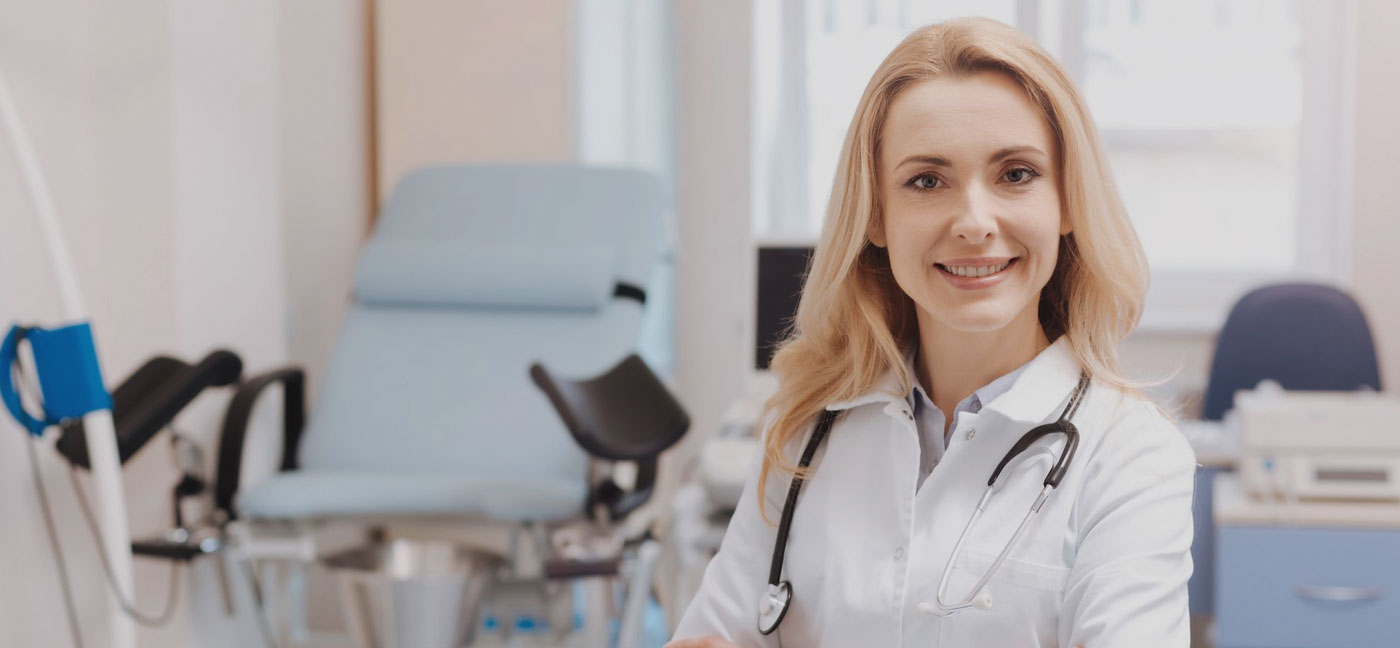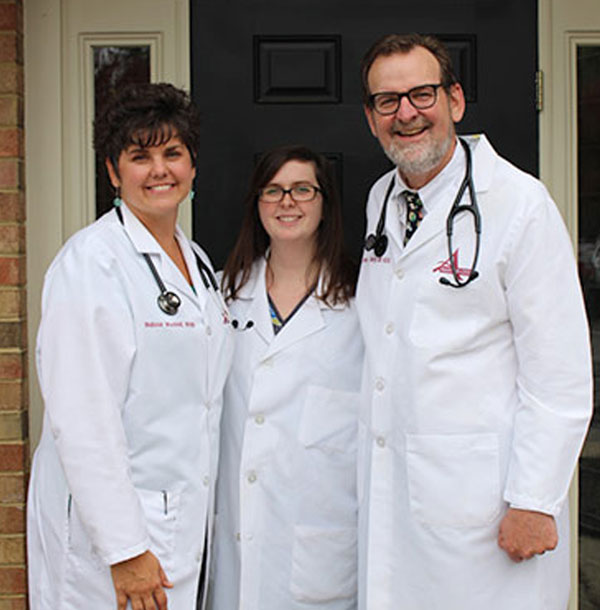What is human papillomavirus?
Human papillomavirus, or HPV, is the name of a group of viruses. There are many types of HPV, including types that cause genital warts and types that can possibly develop into cancer if not treated. HPV infection is a common sexually transmitted disease.
How does it occur?
Some types of HPV infection can develop without sexual relations, but often HPV is passed from one person to another during sexual activity.
Several of these types of HPV cause genital warts. Genital warts are usually found around or in the penis, rectum, vagina, or cervix. They may spread to other nearby areas of the body. You may get warts in your mouth if you have had oral sexual contact with an infected person.
You are more likely to have HPV if:
- You have several sexual partners or have a partner who has several sexual partners.
- You have had other sexually transmitted diseases (STDs).
- You started having sexual intercourse at an early age (before the age of 18).
- You were sexually abused.

What are the symptoms of HPV infection?
Many times there are no symptoms. In other cases growths that you can feel (warts) may appear in the genital or rectal area within several weeks, months, or years after contact with an infected person. Genital warts are similar to common warts. They are single or multiple soft, fleshy, small growths on the skin.
Other symptoms of HPV are:
- a foul smell, mild irritation, burning. itching, or pain in the vulva or vagina
- pain with intercourse
- increased vaginal discharge
- bleeding
How is it diagnosed?
You will need to have a pelvic exam to see the warts on the outside of the vagina. Often HPV is discovered when a Pap test is done. If the results of a Pap test are abnormal, Dr. Hardy will perform a colposcopy, which examines your genital area, vagina, and cervix with a magnifying instrument called a colposcope. He may need to do a biopsy, which is removing a sample of tissue for lab tests. The exam and tests will help determine if HPV is the reason for the abnormal Pap test. An abnormal Pap test does not necessarily mean that you have HPV. There are other reasons for abnormal results.
How is it treated?
There are several ways to treat HPV. Usually the treatment is done in the office. Possible treatments include:
- medicines that are put on the site of the HPV infection
- cryotherapy: freezing of the warts with liquid nitrogen
- laser treatment: a high-intensity light beam used to destroy the infection
- electrosurgery: an electric current used to burn or remove the infection with a wire loop
- surgery: cutting away the growths or infection.
Removal of the warts does not get rid of the virus. Because you will still have the virus after treatment, the warts could come back. Genital warts that persist or come back after standard treatment may be treated with shots of interferon. Interferon is a medicine that boosts the body’s immune response and helps keep viruses from multiplying.
How long will the effects last?
Treatment can remove the warts, but it may not get rid of the virus. As a result, the warts may come back and you may need more treatments.
Most HPV infections are not dangerous to your health. However, some types of HPV are related to the development of cancer of the cervix, vagina, or vulva. For this reason it is especially important for women who have had HPV infection to have regular Pap tests to check for precancerous cells.
How can I take care of myself?
- Avoid sexual contact if you or your partner has HPV infection until you have completed your treatment and the warts have completely healed.
- Women should have pelvic exams and Pap smear tests as often as we recommend.
- If you have an unusual vaginal discharge or irritation, or if you notice growths in the genital area, call the office to be seen.
- If you have an abnormal Pap smear test, keep all follow up appointments for additional tests and treatment.
- If you have HPV and plan to get pregnant, have your warts treated first.
What can be done to help prevent HPV or its complications?
- Do not have sexual intercourse until you are married or over the age of 18.
- Use latex or polyurethane condoms during sex. Condoms can reduce your risk of getting genital warts, but warts can spread from areas not covered by a condom.
- Have just one sexual partner who is not sexually active with anyone else.
- Avoid sexual contact until the genital warts or HPV is completely treated and healed.
- Avoid smoking. Studies show that smoking increases the risks and problems related to HPV infection.

